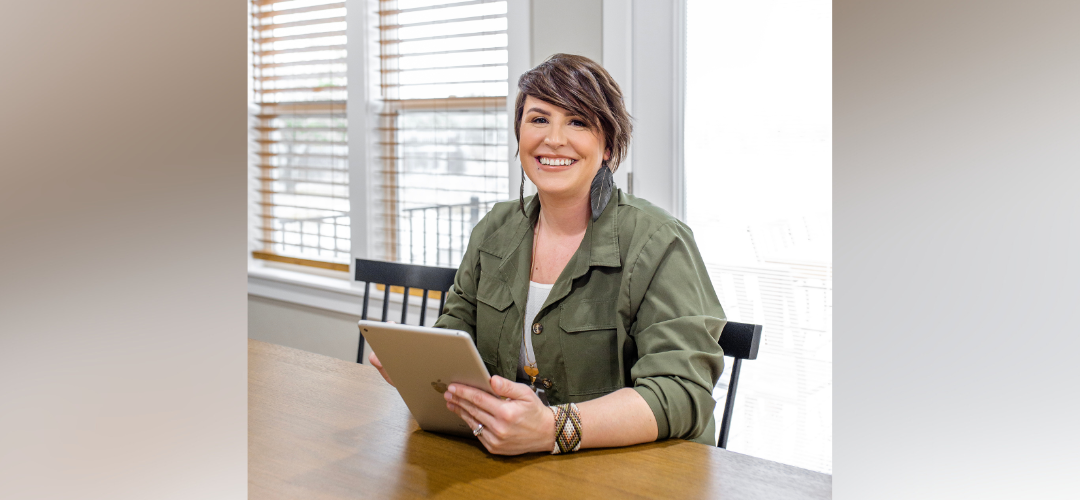We are grateful for this conversation with Emme Wagner, dual degree student in our Master of Arts in Counseling Psychology and Master of Arts in Theology & Culture programs.
What brought you to The Seattle School and how did you choose your degree program?
Coming to The Seattle School is a fulfillment of many dreams—some lifelong, some newer. Dreams that lay dormant in my soul awaiting the right timing to be planted and birthed. I still vividly recall the moment I was driving home to Boise from my grandmother’s funeral in Portland when I felt the nudging of the Holy Spirit to truly ask for this desire of my heart. To pray aloud my desire to go back to school at nearly 40, not just any school but The Seattle school, and finally pursue this deeply felt longing of my soul. If you told me 20 years ago that I would even be going back to school let alone to study counseling psychology, I would have laughed at the absurdity of it. And yet, it may be the first big thing I’ve done in my life that was just for me.
My desire to pursue a Masters in Counseling Psychology (MACP) comes from having seen and experienced firsthand the (often unintentional) hurt that happens within the church when those without training in psychology attempt to counsel others. I chose The Seattle School’s MACP program for its alignment with my own personal values of doing the work myself first before making any attempts at helping others to do the same and for its integration of theology and psychology without the spiritual bypassing that too many Christian institutions encourage. While I originally only planned to do the MACP program, over time and through the counsel of one of my professors, I have come to see that to not do the dual degree program would feel incomplete so I’m now pursuing both my MACP and my Masters in Theology and Culture (MATC) with a focus in ministry.
What do you hope to do following graduation?
My desire is to work at the intersection of psychology and practical theology within the church as well as in private practice focusing on issues of betrayal, spiritual abuse, somatic healing, and neurodivergence.
What has been your favorite class or project so far?
My favorite project so far has been my Theological Anthropology, which focuses on answering the questions “What is human flourishing?” and “What is a human being fully alive?” The paper felt like a culmination not only of my first year of grad school but also of many years of personal growth and exploration. The invitation to put this ideas down on paper felt sacred. While I didn’t love needing to make my ideas fit into the academic boxes required of a grad school paper, I loved the opportunity to begin writing down what I hope will one day become a book.
Are you part of a student group or community at The Seattle School?
I am a Student Leadership Fellow, member of Student Leadership, and part of the Access student group.
What is one insight, quote, topic, or question you find yourself drawn to at the moment?
As I’m in a season personally that I never envisioned myself being in, I find myself asking, “What does it look like to dream and hope amidst earth-shattering hurt and pain?” I’m finding the deeper I allow myself to grieve and lament the deeper I’m able to experience joy and delight.
What are you reading and/or listening to lately?
Outside of school, I’m currently reading Trauma and the Soul by Donald Kalsched.
What do you love to do outside of school?
My life outside of school is very full but my favorite thing by far is spending time reflecting, laughing, and loving my two teenage daughters.
What is your favorite place to visit when you need to replenish your body and soul?
The PNW! I grew up in Seattle and spent most of my adult life in Portland before moving to Boise a few years ago. I didn’t realize quite how much I missed the PNW until I came to Seattle for my first residency and felt at home in a way I hadn’t felt in a long time.
What inspires you or gives you hope right now?
My daughters. They are the crowning glory of my life and I couldn’t be more proud of the amazing young women they are.


